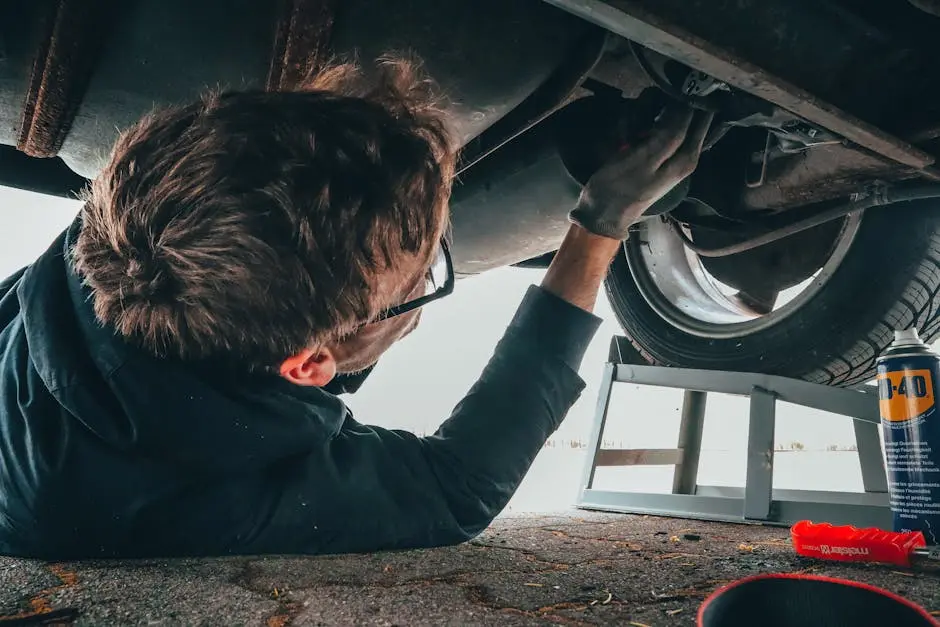Combi boilers are a popular choice for many homes in Glasgow due to their efficiency and compact design. However, like any appliance, they can encounter issues that disrupt their performance. In this blog, we’ll explore common problems residents face with their combi boilers and provide practical solutions to keep your heating system running smoothly.
1. Low Water Pressure Concerns
Low water pressure can seriously hinder the effectiveness of your combi boiler. It’s not uncommon in Glasgow, where the mains pressure can fluctuate due to a variety of urban infrastructural challenges. First, check your pressure gauge to ensure it’s within the optimal range, typically between 1 and 1.5 bars. If it’s lower, this could manifest in weak shower sprays or inefficient heating. You might resolve this by simply repressurizing the system using the boiler’s filling loop. However, if pressure loss persists, it may indicate a deeper issue, like leaks in the system which can often be identified by checking visible pipework connections or radiators for dripping.
Addressing the root cause of low water pressure often requires a bit of sleuthing. Besides checking for visible leaks, investigate possible airlocks or blockages in the system. Sometimes, debris can accumulate in pipes, leading to restricted flow and pressure. Moreover, examining the pressure relief valve for malfunctions can be instrumental in diagnosing persistent issues. Regular inspection and maintenance are key, ensuring that both small leaks and substantial pressure losses are addressed swiftly, safeguarding the efficiency and longevity of your heating system.
2. No Hot Water Flow
Few things are as frustrating as standing in front of a tap when only cold water flows out. The root of this issue often lies in the thermostat settings or the diverter valve. A quick reset of your thermostat, alongside ensuring it’s set to the correct temperature, might just be the straightforward fix you need. If the problem persists, it could mean your diverter valve is stuck. This valve’s role is to switch between heating water for your taps and radiators. A malfunction here can stop hot water from reaching you when needed, necessitating professional intervention for valve replacement or repair.
Sometimes, the lack of hot water might not stem from your boiler itself but rather from external factors. In older buildings, aging plumbing can contribute to unexpected issues with hot water flow. It’s wise to inspect the pipework for blockages or corrosion that might impede water movement. By tapping a trusted local plumber in Glasgow, you can ensure an accurate diagnosis and timely fix, helping you regain the comfort of warm showers in no time.
3. Boiler Making Strange Noises
Strange noises from the boiler – be it gurgling, banging, or whistling – are not only annoying but can be indicators of underlying problems. A common culprit for such racket is air trapped in the system. Bleeding your radiators typically releases this air, restoring tranquility and ensuring even heat distribution across your home. However, should your boiler continue its symphony of sounds, the reason might extend beyond trapped air. Low water pressure poses another likely cause; it can lead to inadequate flow and the resultant cacophony. Addressing it involves regular pressure checks and adjustments as needed.
If conventional fixes don’t silence the boiler, you might be dealing with kettling. Much like the sound of a kettle boiling, this originates from lime scale buildup within the heat exchanger, which can cause hot spots and result in noise. Regularly flushing the system or using specialized descaling agents can alleviate kettling, improving both noise levels and energy efficiency. In Glasgow, where the water can be hard, such preventative measures are key to maintaining a peaceful home environment and a smoothly running boiler system.
4. Boiler Constantly Switching Off
If your boiler seems to be playing hide and seek with its heating capabilities, regularly switching off, it is often symptomatic of overheating or airlocks. Overheating usually results from restricted water flow due to various factors, like lime scale deposits or a compromised pump. Identifying these culprits can spare you from frequent interruptions. Another frequent cause is airlocks in the system, which can be resolved by venting the radiators or system. What’s more, ensuring your thermostat settings are within recommended ranges prevents unnecessary shutoffs, making sure the boiler remains in operation without interruptions.
In more technical scenarios, examining the thermistor – a component responsible for measuring water temperature – can shine a light on the persistent shutdowns. A faulty thermistor might misread temperature levels, prompting the boiler to turn off as a safety measure. In such cases, replacement is advisable. Moreover, if external temperature sensors are miscalibrated or providing false inputs, they might lead the system to erroneously switch off. Consulting an experienced Glasgow-based technician can provide you with a comprehensive evaluation and resolve the issue efficiently, keeping your home comfortably warm.
While technical malfunctions tend to take the blame, environmental factors shouldn’t be overlooked. Ambient conditions, such as draughty areas causing the pilot light to go out, can similarly lead your boiler to switch off unexpectedly. Shielding the pilot flame area from sudden gusts or sealing noticeable drafts around the boiler can mitigate this. By addressing both technical and environmental aspects, you ensure your boiler remains steadfast in its operation, contributing to a seamless heating experience.










